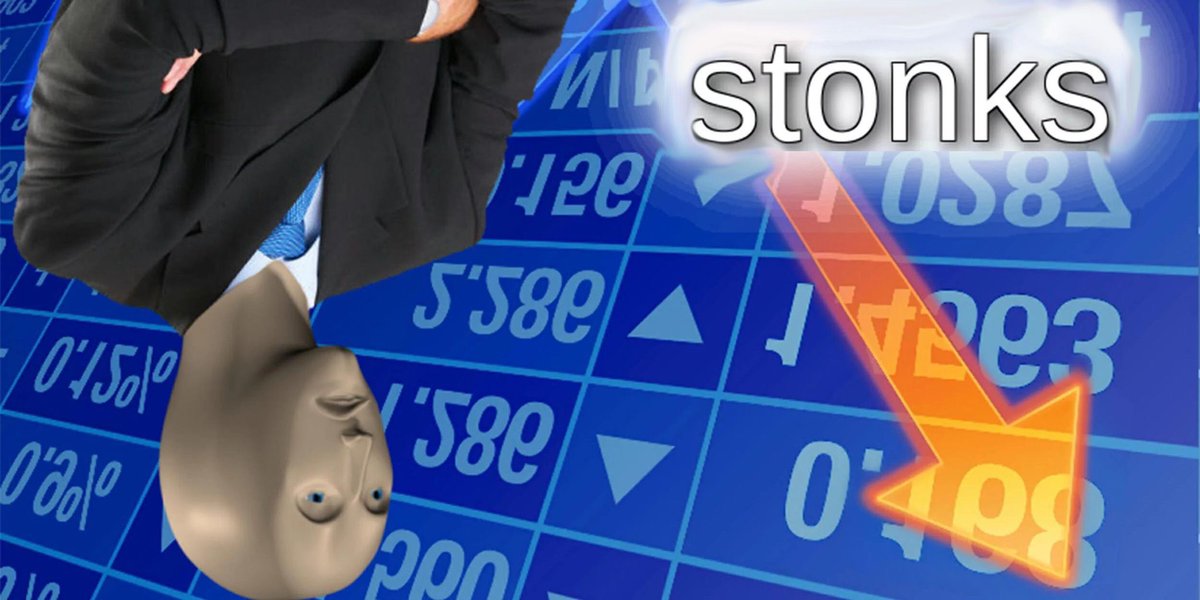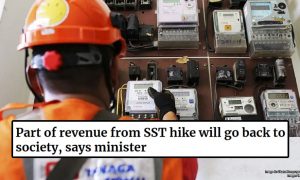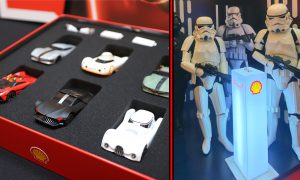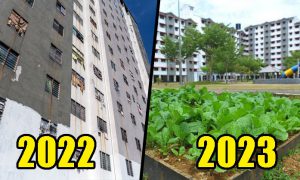Here’s how many times the M’sian govt cut subsidies in the last 10 years
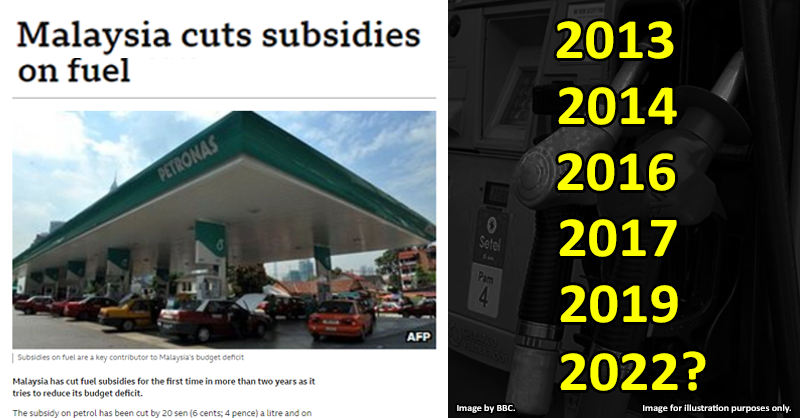
- 131Shares
- Facebook128
- Email1
- WhatsApp2
As eye-popping figures of our country’s growing inflation rate were revealed recently in the face of stagnant salaries, many Malaysians probably have their butts clenched when Ismail Sabri announced plans to implement a more “targeted” approach to subsidies for certain necessities. Unsurprisingly, this has drawn criticism from various parties, cuz no one likes it when they have to pay more for… anything.
WE WANT OUR SUBSIDIES!
And while subsidy cuts suck hot stinkin’ booty, everyone knows they happen from time to time – no country on God’s green Earth can continuously increase subsidies for its citizens and not eventually fall into crippling debt. The question is: how often do subsidy cuts happen? Well, we strapped one of our interns to an office chair rigged with a device that administers a painful electric shock every 10 minutes and told him we’d release him after he compiled a list of all the subsidy cuts that’s happened in the last decade. Don’t worry, he’s still alive (barely), and we’ve got that list for y’all.
Smol disclaimer: We tried looking for as many subsidy cuts as possible, but if we missed any, let us know in the comments!
September 2012 – Sugar subsidy reduction

Malaysians don’t know how to act around sugar.
In 2012, Najib announced a sugar subsidy cut to the tune of 20 cents per kilogram, saying that the decision was made because – get this – because about 2.6 million Malaysians were diabetics at the time. Then again, the subsidy was still there, just at 34 cents instead of the previous 54 cents per kilogram.
September 2013 – Petrol subsidy reduction

Con9firm this happens every time the night before a petrol subsidy cut. Image by Malay Mail.
For the first time since 2010, fuel subsidies were cut, and RON95 petrol prices went up by 20 cents. The move was made to bolster Malaysia’s national budget, saving the government an estimated RM1.1 billion in 2013, and another RM3.3 billion in 2014. Strangely, one source said that the subsidy cut was in part due to unscrupulous peeps smuggling petrol out of the country to be sold elsewhere. This was also when GST was first introduced, coming into effect in 2014 and causing an uproar among the rakyat.
December 2014 – Petrol and diesel subsidy removal

Hasan Malek kiiiiiiiinda looks like Rosmah. It’s uncanny. Img by Astro Awani.
This time around, RON95 petrol and diesel subsidies were completely abolished. Ex-Minister of Domestic Trade, Cooperatives and Consumerism, Hasan Malek, said that the subsidies were lifted cuz the market prices of RON95 were already cheaper than the prices at gas stations, so the prices would be lowered anyway due to the Automatic Price Mechanism (basically a formula that’s been in place since 1983 that monitors and adjusts fuel prices).
2016 in general – Subsidy reductions across the board
Oh boy, this is gonna be a long one, so sit tight. With commodity prices like oil and metals forecasted to dip in 2016, our government laid out a bevy of subsidy cuts which included, but were not limited to:
- An RM1 billion slash in the Plantation Industries and Commodities Ministry saw massive increases in cooking oil prices
- A 14% reduction in train and flight subsidies
- A reduction in electricity subsidy to ZERO
On the other hand, civil servants had their pay increased, more money was put into BR1M cash handouts and a GST rebate for smartphones was put in place.
April 2017 – Fuel subsidy reductions
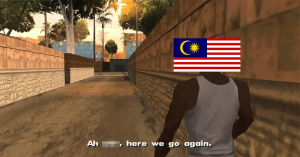
Man, we’re only like halfway through the list and 4 out of 5 entries are fuel subsidy cuts. Anywho, Najib held a meeting with the Fiscal Policy Committee in late May, and after much deliberation, decided to reduce RON95 petrol and diesel subsidies by 20 cents per liter to alleviate some of the national debt. What remained was a 63-cent per liter subsidy for RON95 petrol, and an 80-cent per liter subsidy for diesel. A plea for a fuel subsidy for undergraduate students was made in December 2017, but as far as we can tell, nothing was done about that.
2019 in general – Petrol, electricity, and other subsidy reductions
Amidst the points laid out in the Budget 2019 announcement were plans to scale back blanket subsidies for petrol and electricity, among others. Apparently, this was done with careful consideration by the government. They wanted to, instead, focus the subsidies on those who needed them the most: the B40 demographic.
June 2022 – Cooking oil subsidy removal

These bad boys are still being subsidized. Image by FMT.
We’ve finally arrived at 2022 and amidst the crisis of rising food prices, the government announced the removal of ceiling prices for chicken and chicken eggs. On top of that, subsidies for cooking oil in bottles of 2kg, 3kg, and 5k were also removed, with cooking oil that come in 1kg bags still being subsidized. This was an effort on the government’s part to Thanos bring balance back to the previously “distorted” market prices for said items.
At this point, your blood’s probably boiling looking at all the subsidy reductions, but…
Are subsidy reductions always bad?
As much as it pains us to say this, we’re gonna do it: from our research, subsidy cuts aren’t always the worst idea in the world. Yes, the immediate thing we see as consumers is the increased price of whatever product or service we wanna buy, and the knee-jerk reaction will most likely be annoyance, but hear us out:
- Blanket subsidies benefit the rich more than the poor, just because the rich can afford to buy more of whatever it is that’s being subsidized
- A high amount of subsidies will increase the country’s burden in times of economic slowdown
- Prolonged subsidies will warp the market – it won’t be able to adjust organically over time
Also, we’ve mostly mentioned subsidy cuts cuz duh, that’s the entire point of the article, but over the decade, the government has either increased subsidies in places we didn’t talk about earlier (like cash handouts or wage subsidies, especially during MCO), or adjusted subsidies so they impact the people that they should.
So… yeah, we guess the moral of the story is not to immediately jump on the hate train before finding out why a subsidy is being reduced since there’s probably a good reason most of the time and it’s not just “hurr durr government evil”.
- 131Shares
- Facebook128
- Email1
- WhatsApp2


